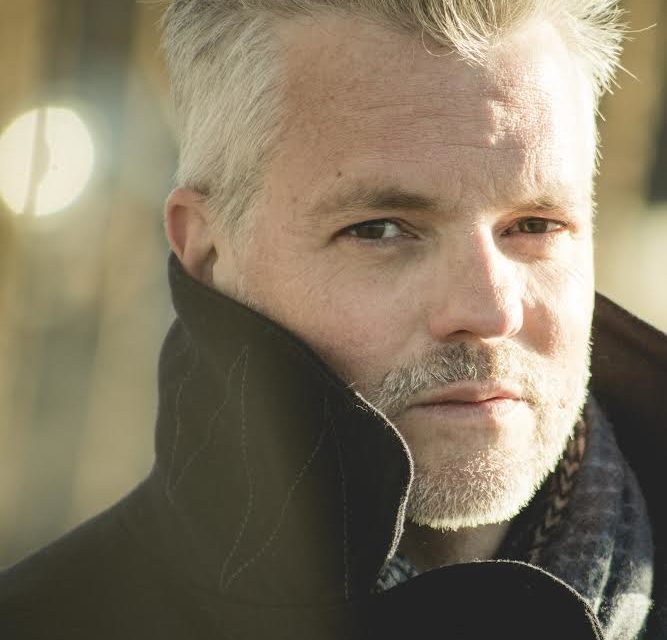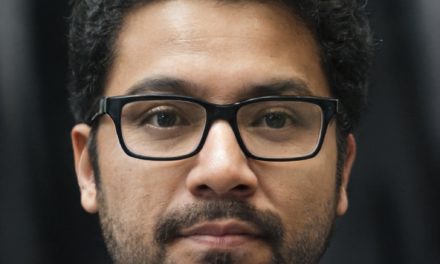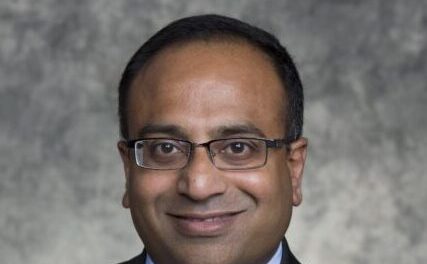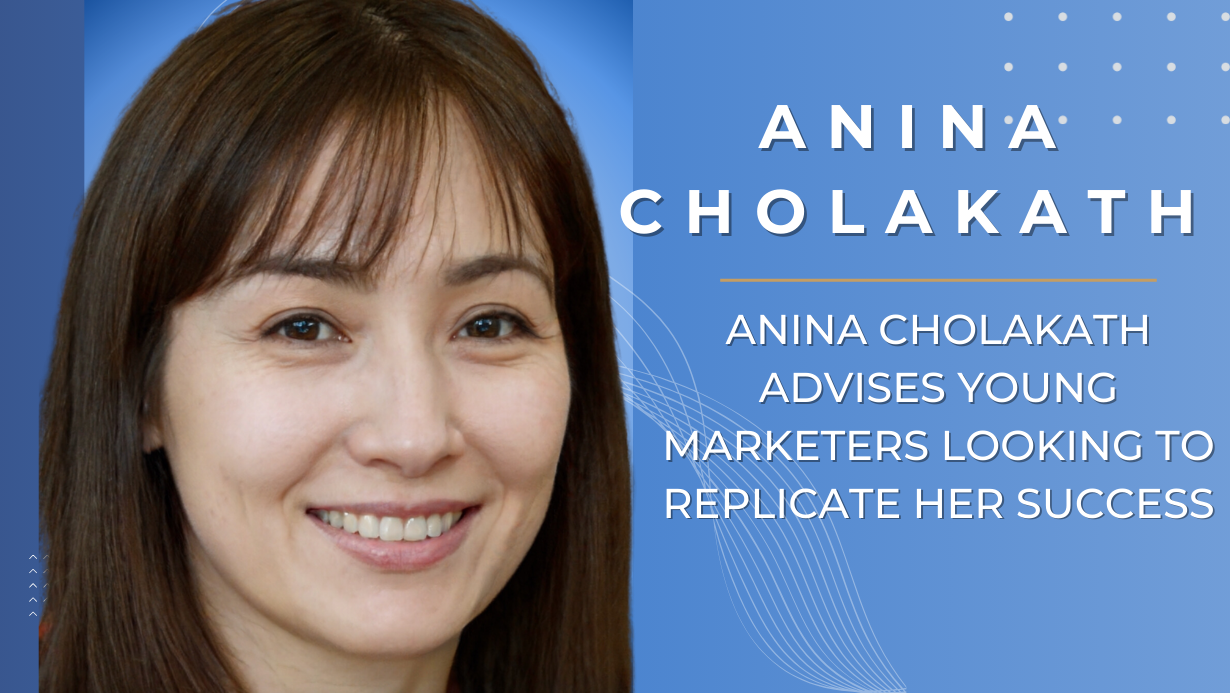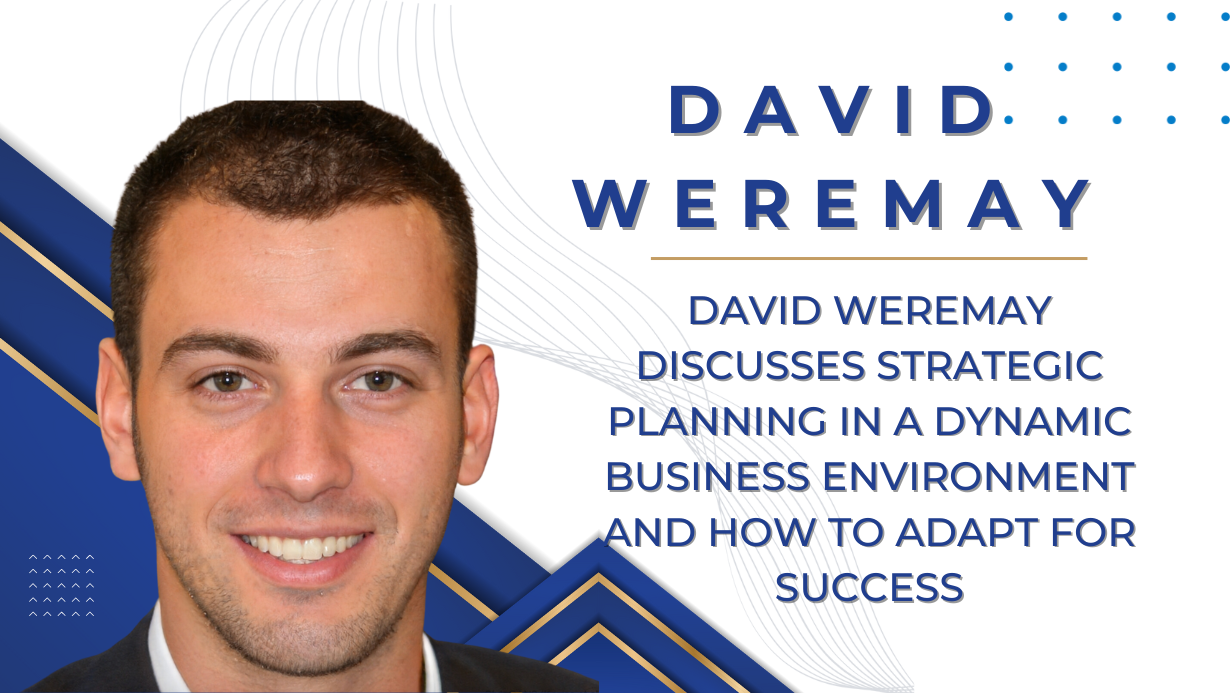Brantley Dunaway has been profiled in Nfocus Magazine as well as Today’s Man. He was named one of the Top 22 People to Watch by 5280 Magazine. Dunaway has spent much time in the line of intellectual property acquisition, and to date, his work includes titles such as I Am Charlotte Simmons by acclaimed novelist Tom Wolfe. During his extensive and varied work in the music industry, Brantley has had the opportunity to work with many talented and well-known artists, including Dave Mathew’s, Dave Grisman, Joan Baez, Third Eye Blind, Ben Harper, and many others.
Brantley Dunaway is perhaps most well known for his work in theatre and film. Dunaway’s London & Broadway productions have included Andrew Lloyd Webber’s production of Bombay Dreams; Gone With the Wind as directed by Trevor Nunn; and Six Dance Lessons in Six Weeks starring the late Uta Hagen and David Hyde Pierce, with Polly Bergen and Mark Hamill.
Dunaway was a producer on the film adaptation of Love in the Time of Cholera by Nobel Laureate Gabriel Garcia Marquez, starring Javier Bardem and Giovanna Mezzogiorno and penned by Oscar-winning writer Ronald Harwood. Brantley Dunaway was recently named producer and executive producer of Faire Wind and Song, an expedition documentary series and global community initiative that explores cultural evolutionism through music and cuisine.
Brantley Dunaway of Atlanta, Georgia is an actor, producer, and creative leader who has been active professionally in the entertainment industry for over 25 years, producing, presenting, and developing works for theatre, feature film, experiential marketing initiatives, and the music industry. His projects range from Network Television to Broadway, and include work with production touring and branded entertainment for consumer-centric corporations.
To start off, can you tell us a little about your background?
I was born and raised in the Atlanta area, and I grew up in Florida with a love of the arts. I was always involved in some kind of creative activity, whether it was music or theatre or film. I think that comes from my parents – they were both very creative people, and they encouraged me to pursue my interests. My first real foray into this world was as a performer at Walt Disney World in Orlando. After high school, I went to college and studied Communications, Psychology and an MBA in Marketing. I knew that I wanted to be involved in the entertainment industry, and it’s surprising how much of each of my interests of study has impacted my job today.
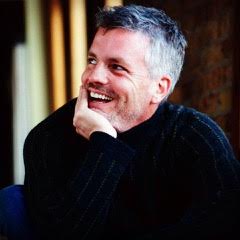
Can you share a story with us about what brought you to this specific career path?
There’s not really one specific story that stands out. It’s more like a series of experiences and opportunities that have led me to where I am today. If I had to pick one it was maybe working as a part of the art crew on a film titled Phantoms and randomly meeting Peter O’Toole and sharing an inspiring and humbling conversation. He shared some thoughts and experiences that further ignited my passion for film and theatre, and I’ve never stopped pursuing those interests. I’ve been very lucky to have had some great opportunities in my career, and I continue to work hard every day to pursue my goals.
What’s the name of your company? What exactly does your company do?
The name of my most recent company is Company B Entertainment. It’s an intellectual property development and film finance fund based in Atlanta, Georgia. We work in the content creation process, work with writers and agents, and then depending on the production, we’ll work on selecting locations, actors, the soundtrack, essentially all parts of a film’s production. We also work with local authorities and handle planning and logistics.
What are some of the biggest challenges you face in your line of work?
One of the biggest challenges is always trying to find the right balance between art and commerce. You have to be true to your vision but at the same time, you have to be able to finance your projects and make them commercially viable. It’s a constant tightrope walk. Another of the frequent challenges is finding the right people to work with. When you’re working on a project, you want to make sure that everyone is committed and passionate about what they’re doing, and that can be difficult to find sometimes.
How do you manage to stay creative and innovative in your work?
I think it’s important to always be open to new ideas and new ways of doing things. You have to be willing to experiment and take risks. And it’s also important to surround yourself with people who are creative and innovative in their own right. When you’re constantly surrounded by good ideas, it helps spark your own creativity. It’s also important to be up-to-date with what is going on in the industry. You can’t innovate if you’re out of touch. Otherwise, you think you’re doing something new or interesting only to find out it’s been done before.
What has been the most rewarding aspect of your work?
The most rewarding aspect of my work is being able to see a project through from start to finish and knowing that I was able to contribute to something that will be seen and enjoyed by people all over the world. There’s a certain satisfaction that comes with knowing that your work has made a positive impact on people’s lives.
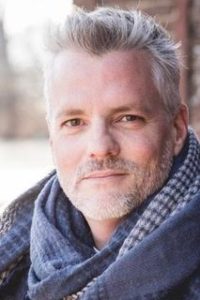
What are some reasons that you think diversity in film and television are important?
I would say there are myriad reasons, but I’ll mention three specific ones.
- Diversity in film and television is important because it helps to reflect the diversity of our society. It is important for people to see themselves represented on screen, and it can help to break down barriers and stereotypes.
- Diversity in film and television can help to increase understanding and empathy among different groups of people. If we can see different cultures and lifestyles represented on screen, it can help us to better understand and empathize with those who are different from us.
- Diversity in film and television can help to make our culture more inclusive and welcoming for everyone. When we see a wide range of diversity represented on screen, it sends a message that everyone is welcome here. It can help to create a more inclusive culture.
Who are some of the most interesting people you have interacted with?
I have been lucky enough to meet a lot of interesting people over the years. To name just a few… David Hyde Pierce, Javier Bardem, Mark Hamill, Tom Hanks, William H. Macy, Joan Baez, Dave Matthews, Ben Harper. I don’t want to sound like I’m “name dropping.” The most interesting people aren’t always the famous ones. The two people that I think of the most is Ben Harper, he is so generous, thoughtful, and respectfully compassionate in words. And Sue Makkoo, a Broadway Costume designer who has the work ethic, talent, and passion like no one I have ever met. She is an emerging talent that I hope to work with again someday. I work with people from all different areas of the entertainment industry—film, theatre, music. And from many different parts within those industries—writers, directors, actors, musicians, editors, and others.
What are some of the most interesting or exciting projects you are working on now?
I was recently named producer and executive producer of Faire Wind and Song, an expedition documentary series and global community initiative that explores cultural evolutionism through music and cuisine. That is going to be very interesting and a lot of fun to work on. That project speaks to the question about the importance of diversity and representation, since the documentary is specifically about experiencing a wide variety of cultures by experiencing music and food, which are two things that are very closely linked with a culture’s sense of itself and how it communicates with the world.
What are 5 words of advice you would offer to someone getting started in the field?
- It’s not about you. In the early days of your career, it is easy to get caught up in your own ego and think that everything is about you. But it’s not.
- It’s more important to be respected than liked.
- Take care of yourself first. It is easy to get so wrapped up in your work that you neglect your own health and well-being.
- Don’t be afraid to ask for help.
- Have patience and Listen first. Your career will not happen overnight.
Is there a particular person who you are grateful towards who helped get you to where you are?
There are a few people who I owe a lot to, but if I had to name just one, it would be my former producing partner Judy Arnold. She was a true Soulmate and Matriarch figure. She’s been with me since the very beginning of my career, and he’s been a great support system. She’s always believed in me, and she’s helped me get where I am today. I remember early on in my career, we were pitching a project to a studio. The studio liked the project, but they wanted to change the lead actor. My agent was adamant about keeping the actor we had chosen, and she convinced the studio to go with our choice. That was a big victory for us, and it was because of her persistence and belief in the project.
Who or what would you say has the greatest influence on your work–the viewers, critics, financiers, or your personal artistic vision?
I would say that the greatest impact on the choices I make as a filmmaker comes from my own personal artistic vision. That is not to say that other stakeholders don’t have an impact, but ultimately it is my vision for the film that guides me. For example, there have been times when I have had to fight for a certain creative decision because it was not popular with the financiers or the studio. But if I believe in something strongly enough, then I will fight for it. Because in the end, it’s your name on the film and I want to be proud of it. I think too that I have been doing this long enough that I don’t go haphazardly forward based on a whim or some personal agenda. Because I’ve worked as a producer, actor, and director, I’m pretty good at synthesizing those different perspectives in my decision making process.
What’s one trend that excites you?
I find the exponential growth in outlets and perspectives in media over the last 10+ years is very exciting. If you look historically at the small number of studios and lack of diversity among writers and actors to where we are today, that is a very encouraging sign. And although we can all agree there is a long way to go here, with each new voice that is being heard, it makes it that much easier for the next one to break through. That trend continuing is going to be the best way to see some really new and interesting content.
How do you separate yourself from your competitors?
One of the top ways that I separate myself from other entertainment companies is by focusing on working with people who have unique stories to tell. Whether it’s in film, television, or theatre, everyone has a story to tell – but not everyone has the opportunity to get those stories out there. We work hard to find projects that we think will resonate with audiences and help bring a greater understanding and empathy for others. This can include films or shows that tackle challenging topics like mental illness or racism, or it can be more light-hearted fare like romantic comedies or comedic adventures. Our goal as an entertainment company is to provide great content that will challenge our audience while entertaining them – and hopefully making them think a little bit about the world around us.
What have been your biggest challenges and how did you overcome them?
One of the biggest challenges I have faced is trying to balance my creative impulses with the demands of running a business. As a creative person, I am always coming up with new ideas and wanting to try out new things. But as a business owner, I have to be mindful of the bottom line and make sure that we are producing work that will actually sell. It can be a tough balance to strike, but it is one that I think is important. Another big challenge has been managing my time effectively. As someone who wears many hats, it can be easy to get bogged down in the details and lose sight of the big picture. To overcome this, I have had to learn to delegate more and trust my team members to handle certain tasks on their own. This frees me up to focus on the aspects of the business that are most critical, and ultimately allows me to be more productive.
What is your definition of success?
For me, success is all about achieving our goals and making a meaningful impact in the lives of others. It is about setting ambitious goals and working relentlessly to achieve them, while also staying true to your values and principles. Success means pushing yourself to be better every day, constantly growing and evolving as an entrepreneur and a person. And above all else, it means recognizing the impact that you are having on those around you, whether that means helping your customers and clients succeed or inspiring others to pursue their own dreams. So if you are striving for success, remember to keep these things in mind as you work towards your goals.

Interviews and PR by Matt Peters and Team.
https://searchmanipulator.com
